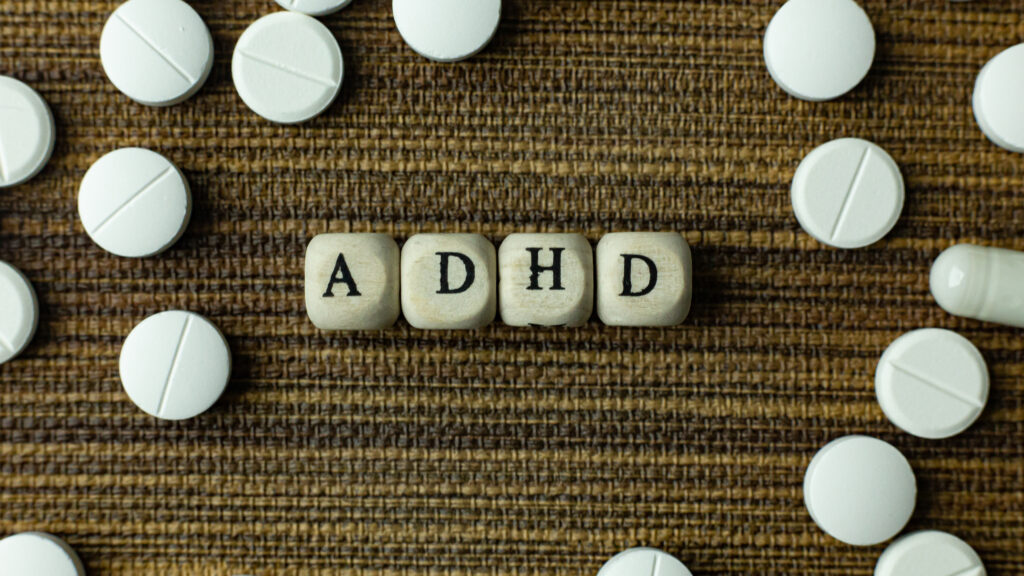
ADHD stands for Attention Deficit Hyperactivity Disorder, which is a neurodevelopmental disorder characterized by symptoms such as inattention, hyperactivity, and impulsivity. It commonly begins in childhood and can persist into adulthood.
The specific symptoms of ADHD can vary among individuals but generally include:
- Inattention: Difficulty sustaining attention in tasks or play activities, being easily distracted, frequently making careless mistakes, and having trouble organizing tasks or activities.
- Hyperactivity: Fidgeting, squirming, or tapping hands or feet, leaving one’s seat when it’s inappropriate, feeling restless, and having difficulty engaging in activities quietly.
- Impulsivity: Acting without thinking about consequences, interrupting or intruding on others, having difficulty waiting for one’s turn, and blurting out answers before questions are completed.
Treatment for ADHD typically involves a combination of medication, therapy, education, and support. Here are some common approaches:
- Medication: Stimulant medications such as methylphenidate (e.g., Ritalin) and amphetamine-based medications (e.g., Adderall) are commonly prescribed to manage ADHD symptoms. These medications can help improve focus, attention, and impulse control.
- Behavioral Therapy: Cognitive-behavioral therapy (CBT) and behavioral therapy techniques can help individuals develop coping strategies, improve organizational skills, and manage impulsive behaviors.
- Parent Training: Parents of children with ADHD can benefit from education and training programs that teach behavioral management techniques and effective parenting strategies.
- Educational Support: Special education services, accommodations, and interventions can be provided in school settings to help children with ADHD succeed academically.
- Support Groups: Support groups and peer support networks can provide emotional support, practical advice, and a sense of community for individuals and families affected by ADHD.
It’s important for individuals with ADHD to work closely with healthcare professionals to develop a comprehensive treatment plan tailored to their specific needs and circumstances. Additionally, lifestyle modifications such as regular exercise, a healthy diet, adequate sleep, and stress management techniques can also be beneficial in managing ADHD symptoms.
Call us today 760-642-9868 and get assessed. #ADHD, #MentalHealth, #careanywherehealth #adhdpsychiatry or visit our website and book appt.

